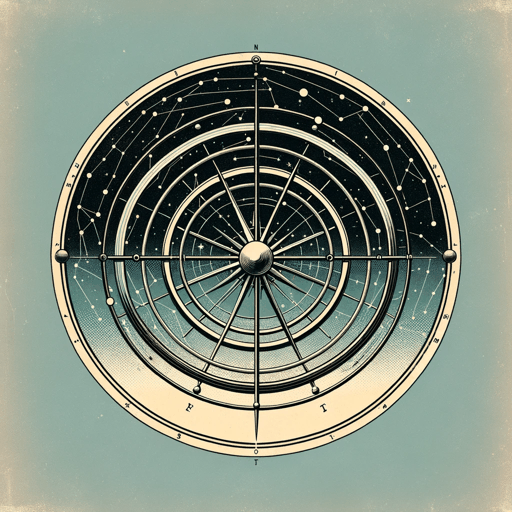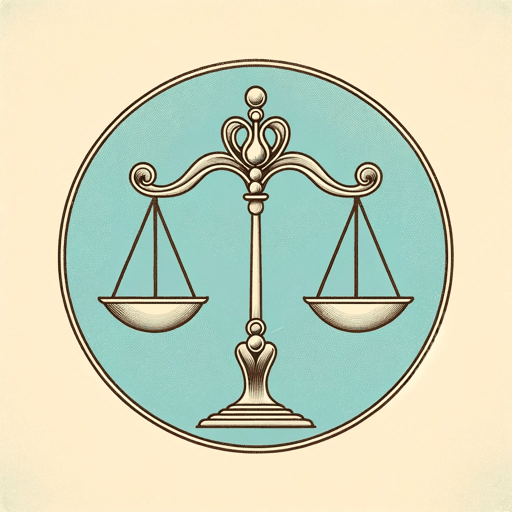57 pages • 1 hour read
Immanuel KantCritique of Pure Reason
Nonfiction | Book | Adult | Published in 1781A modern alternative to SparkNotes and CliffsNotes, SuperSummary offers high-quality Study Guides with detailed chapter summaries and analysis of major themes, characters, and more.
Summary
Prefaces and Introduction
Part I: “Transcendental Aesthetic”
Part II: “Transcendental Logic,” Book I, Chapter I
Part II: “Transcendental Logic,” Book I, Chapter II
Part II: “Transcendental Logic,” Book II, Chapters I-II
Part II: “Transcendental Logic,” Book II, Chapter III
Part II: “Transcendental Logic,” Division II, Books I-II, Chapter I
Part II: “Transcendental Logic,” Division II, Book II, Chapter II
Part II: “Transcendental Logic,” Division II, Book II, Chapter III
Transcendental Doctrine of the Method
Key Figures
Themes
Index of Terms
Important Quotes
Essay Topics
Further Reading & Resources
Themes
The Limits of Cognition
One of the main purposes of Kant’s Critique of Pure Reason is to set the boundaries of the extent of human cognition. This project is so valuable, according to Kant, because it will determine what can and cannot ever be known. Kant develops his theory of sensibility, understanding, and reason to articulate the various powers of cognition. Through our knowledge of what we are and how we experience, we can come to understand where we are prone to falter. This grants us the opportunity to recognize our weaknesses and refrain from endemic mistakes of natural reason.
Famously, Kant writes in the preface to the Critique that he “had to annul knowledge in order to make room for faith” (31). By striving to deduce what kind of knowledge is possible, and what is impossible, Kant believes that he “makes room for faith” by withdrawing the hubris to which reason is prone through its idle speculation. If the existence of God, the soul (and its immortality), and human freedom cannot ever be known for certainty, then these things must be taken on faith for the advancement of morality and the practical benefit of all humankind.
Related Titles
By Immanuel Kant




